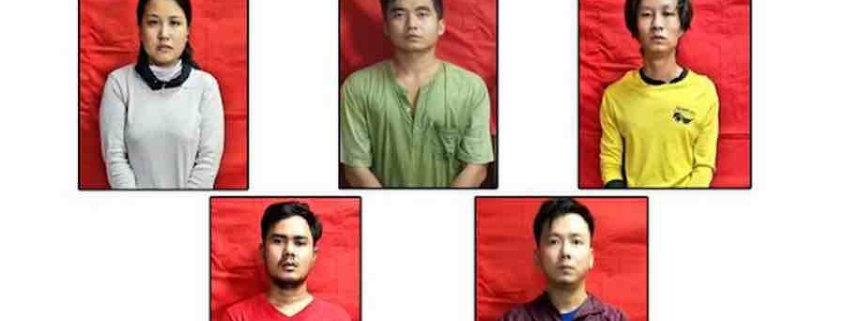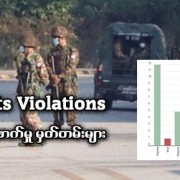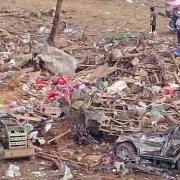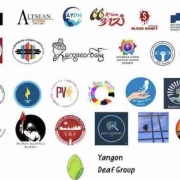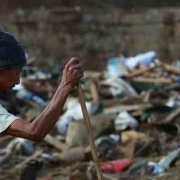Myanmar junta plans to execute 5 anti-military activists: sources
Rights group denounces use of capital punishment as a tool against dissent.
Myanmar’s military junta is planning to execute by Tuesday five political prisoners for the 2021 murder of a police officer, activists and other sources said, raising concern among rights groups about the conduct of their trial and the prospect of the military using capital punishment to suppress dissent.
Authorities in Insein prison, in the main city of Yangon, have been making preparations for the execution of the inmates, one of them a woman, including taking their measurements, said a source close to the prison who declined to be identified.
“We can confirm that the gallows have been prepared but we don’t know when, or if, the executions will take place. I’ve also learned that they have been allowed to meet with their families,” said the source.
The five, Kaung Pyae Sone Oo, Kyaw Win Soe, San Min Aung, Zayyar Phyo and Myat Phyo Pwint, were sentenced to death by a special prison court for the shooting and killing of a police officer at Ahlone Station in Yangon on Aug. 14, 2021.
Radio Free Asia tried to telephone the junta’s main spokesman, Maj. Gen. Zaw Min Tun, to ask about the situation but he did not answer the calls. He told the BBC Burmese service several days ago that he had heard nothing about any planned executions. RFA also tried to contact the deputy director general of the Prison Department but he did not respond.
RFA was also unable to reach any relatives of the five.
The junta that seized power in an early 2021 coup carried out the first executions in Myanmar for several decades with the 2022 execution of four democracy activists accused of “terror acts”, triggering a wave of condemnation, including from the United Nations, European Union and the United States.
The rights group Assistance Association for Political Prisoners – Burma reports that as of March, 164 people had been sentenced to death since the 2021 coup, which triggered a wave of opposition to military rule and an armed uprising.
The group ASEAN Parliamentarians for Human Rights, or APHR, urged the military council to halt any plan to carry out the executions saying it was “alarmed by the use of the death penalty and how these trials were conducted.”
“These actions represent a grievous infringement of human rights and a blatant disregard for international legal standards,” the group said.
“The use of capital punishment as a tool to suppress dissent is unacceptable and must be condemned in the strongest terms,” said APHR board member Wong Chen, who is a Malaysian member of parliament.
‘On alert
Thaik Tun Oo, an official from the Political Prisoners Network – Myanmar, said the rumors of impending executions in the absence of any official word was akin to a “psychological operation” by the military to spread fear.
“Families are worried, and it seems this is being done deliberately. This isn’t official news from the prison side, nor does such news typically reach outside,” said Thaik Tun Oo. “I sense that a psychological operation is taking place.”
A senior member of Myanmar’s shadow National Unity Government, or NUG, set up by pro-democracy politicians after the 2021 coup, said an investigation into the rumors of impending executions had revealed that health checks, typically conducted before executions, were being carried out not only in Insein but in other prisons as well.
“We are deeply concerned. The international community is on alert, with some considering statements expressing their concern and urging that these executions not be carried out,” he said.
An attorney told RFA that the families of condemned prisoners had to be notified 24 hours before an execution is carried out.
“If the death sentence is confirmed and the execution is carried out, the law stipulates that the prisoner must be informed 24 hours in advance, followed by notification to their family,” said the lawyer, who declined to be identified for security reasons.
“During that 24-hour period, there is no limit to the number of family members who can visit. So have they actually been allowed to meet with their families? Have any conversations taken place? Have they been notified? These questions are crucial.”

